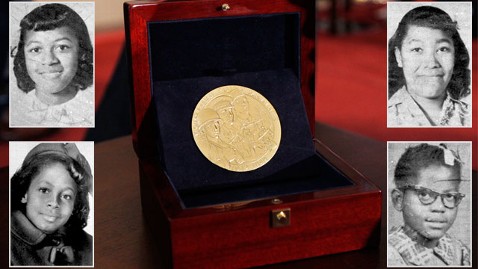DAILY
readers of this newspaper may have seen a story I wrote on September 13 (a
Black Friday for some) about a plagiarism scandal involving Newcastle-based
poet Andrew Slattery. [The original story is here.]
The award-winning poet admitted he had
been inserting lines from other poets - including famous ones such as Sylvia
Plath, Charles Bukowski and Seamus Heaney - into his own work. (He also
"borrowed" from prose writers, including Romanian Emil Cioran, which
I mention in passing because I have such fond memories of my younger self
reading On the Heights of Despair.)
Slattery said he was striving for a
cento format, where the works of other writers are inserted into new poems, but
I suspect this was a half-hearted defence, and certainly it was one no one was
buying. Ultimately, he admitted he had done the wrong thing.
The story sparked a vigorous debate in
poetry circles and the wider literary community. In a long and stimulating
article on the Overland website, Justin Clemens makes many good points,
including one that immediately occurred to me: how did Slattery's deception go
undetected for so long? How did prize judges, often poets themselves, not spot
lines from Heaney, say, in Slattery's work? " ... all the judges and
editors and aesthetes ... have been left with poetic egg on their faces,"
Clemens writes.
Slattery was widely published, including
in this newspaper. "The victims," Clemens observes, "have come
from all colours of the political and aesthetic spectrums. It seems Slattery
has taken in almost everybody, from internationally famous poets ... through
academic specialists and journal editors and media hacks, not to mention a more
general and diffuse readership."
The continuing fallout from this affair
has exposed some toxic undercurrents in the Australian poetry scene. You can
bet your bottom dollar the work of a lot of poets has been run through online
search engines since Black Friday, being checked for plagiarism.
You can also wager with confidence that
some of the people doing the checking are fellow poets. How many poets this
makes nervous is something I do not know. If you missed my original story, you
can find it, and also Clemens's piece, on my professional Facebook page, which
I've been meaning to mention for a while. This is a public page so you don't
have to be my "friend" to look at it.www.facebook.com/stephenromei


